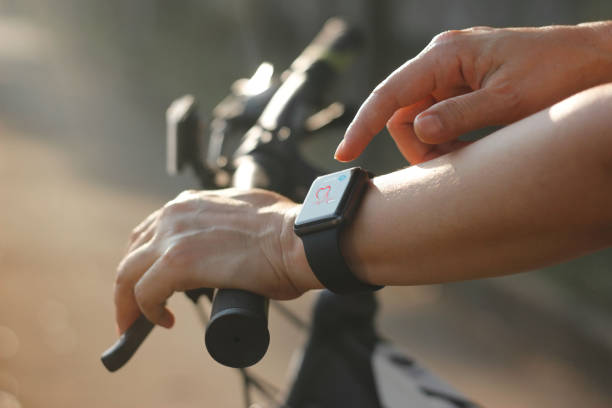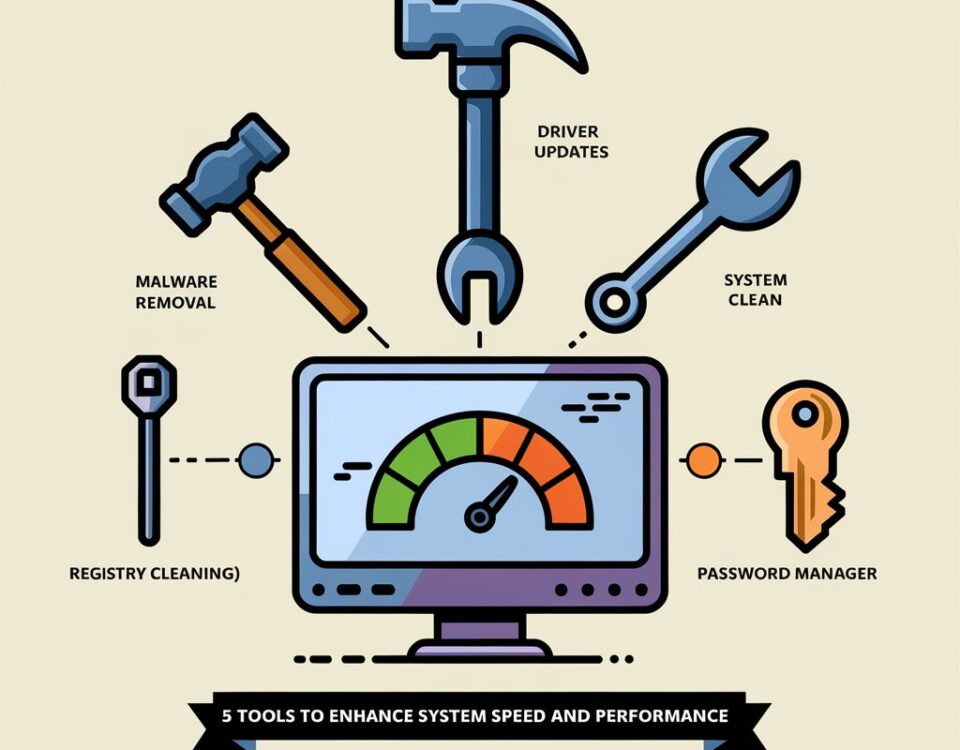
The Impact of Streaming Services on Entertainment Consumption
June 24, 2024
E-Commerce: How Online Shopping Has Transformed Retail
June 25, 2024Wearable Fitness Trackers: A Guide to Choosing the Right One
Choosing the right wearable fitness tracker is crucial for fitness enthusiasts seeking to monitor their health and activity levels effectively.
Understanding Wearable Fitness Trackers
Wearable fitness trackers are devices that monitor physical activity, heart rate, sleep patterns, and other health metrics.

Types of Wearable Fitness Trackers
Fitness trackers vary in design and functionality, including wristbands, smartwatches, and clip-on devices tailored to different preferences and needs.
Features to Consider
Activity Tracking
Trackers monitor steps, distance, calories burned, and active minutes, providing insights into daily activity levels.
Heart Rate Monitoring
Built-in heart rate sensors track heart rate zones during exercise, aiding in optimizing workout intensity and monitoring overall cardiovascular health.
Sleep Tracking
Sleep trackers analyze sleep patterns, providing data on sleep duration, quality, and stages to improve sleep hygiene and overall well-being.
GPS and Navigation
Some trackers offer GPS functionality for accurate distance tracking and route mapping during outdoor activities like running and cycling.
Connectivity and Compatibility
Smartphone Integration
Trackers sync with mobile apps to display data, set goals, receive notifications, and analyze trends for personalized health insights.
Compatibility with Devices
Consider compatibility with smartphones (iOS or Android) and other devices to ensure seamless integration and data synchronization.
Design and Comfort
Wristband vs. Clip-on
Choose between wristbands for continuous wear or clip-on devices for versatile attachment to clothing or accessories.
Waterproof and Durability
Opt for trackers that are waterproof or water-resistant for use during swimming or intense workouts, ensuring durability in various conditions.
Battery Life and Charging
Battery Performance
Evaluate battery life based on usage frequency and features (e.g., continuous heart rate monitoring, GPS usage) to avoid frequent recharging.
Charging Method
Assess charging methods (USB, wireless) for convenience and compatibility with lifestyle and travel needs.
Health and Fitness Goals
Goal Setting and Progress Tracking
Set fitness goals (steps, active minutes, sleep targets) and track progress daily, motivating adherence to a healthy lifestyle.
Personalized Coaching and Insights
Some trackers offer personalized coaching tips, challenges, and insights based on data analysis to support fitness goals.
Considerations for Special Features
Sports Modes and Activity Recognition
Trackers with sports modes recognize specific activities (running, cycling, swimming) for accurate data collection and performance analysis.
Health Metrics and Wellness Features
Explore trackers with additional health metrics (stress levels, oxygen saturation) and wellness features for comprehensive health monitoring.
Budget and Value for Money
Price Range
Compare prices based on features, brand reputation, and customer reviews to find a tracker that meets budget constraints without compromising quality.
Value for Money
Evaluate long-term benefits (health improvements, data accuracy, durability) to determine the tracker’s overall value for money.
Customer Reviews and Recommendations
User Feedback
Read customer reviews and recommendations to gauge reliability, performance, and user satisfaction before making a purchase decision.
Conclusion
Choosing the right wearable fitness tracker involves evaluating features, design, compatibility, and budget considerations tailored to individual health and fitness goals. This guide equips fitness enthusiasts with essential insights to make informed decisions for tracking and improving their overall well-being.




